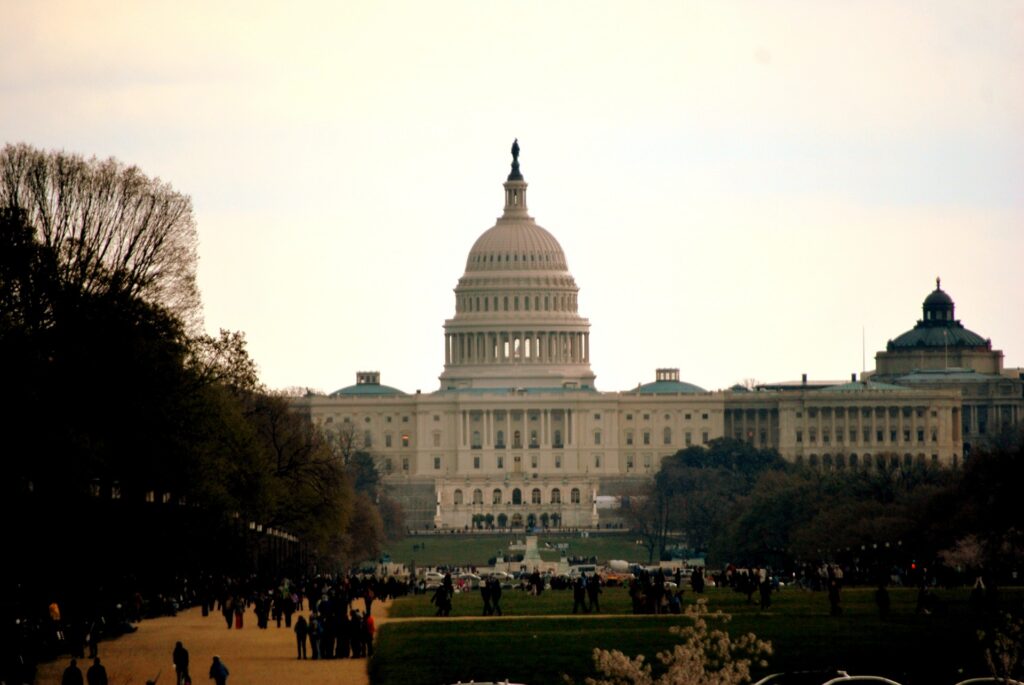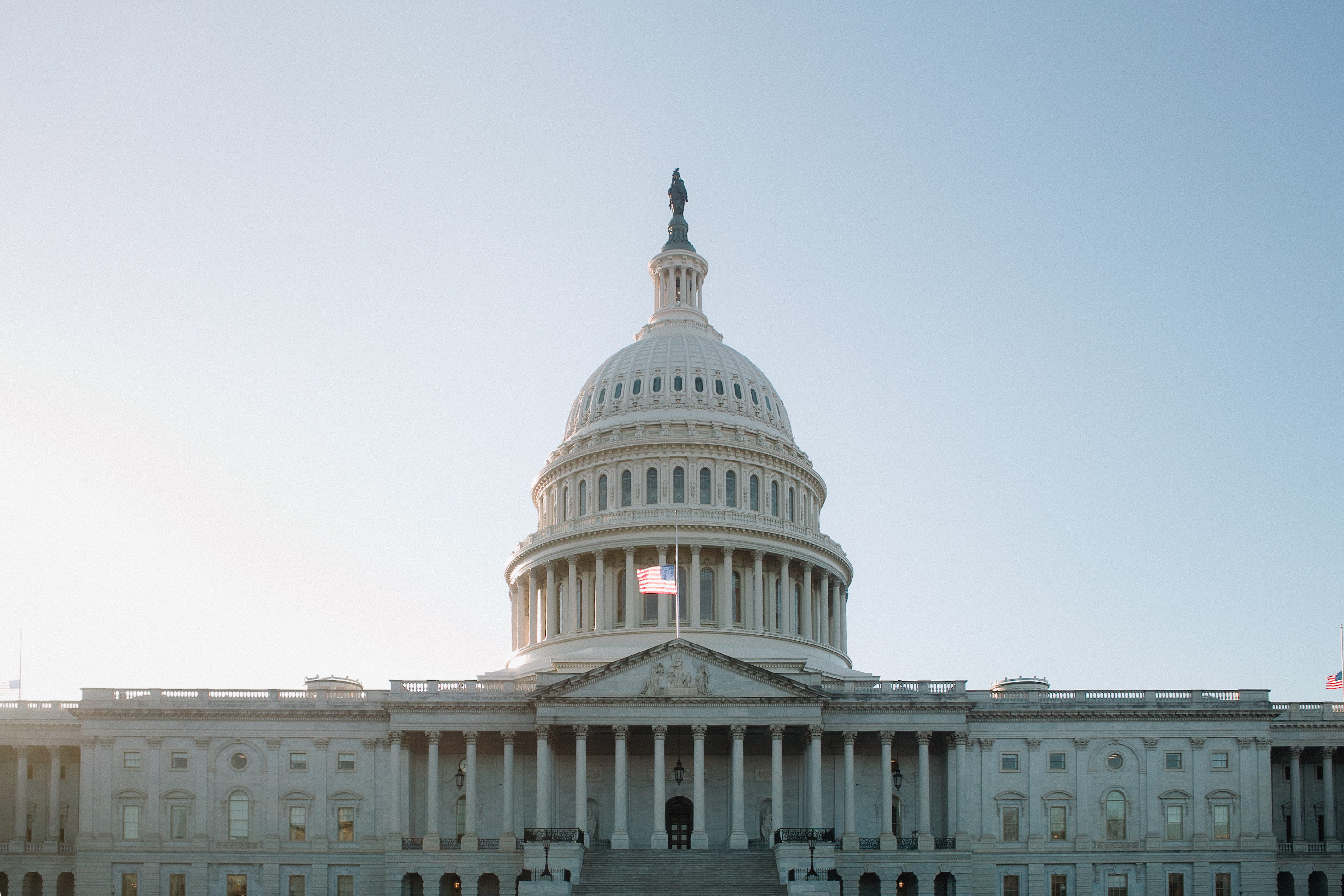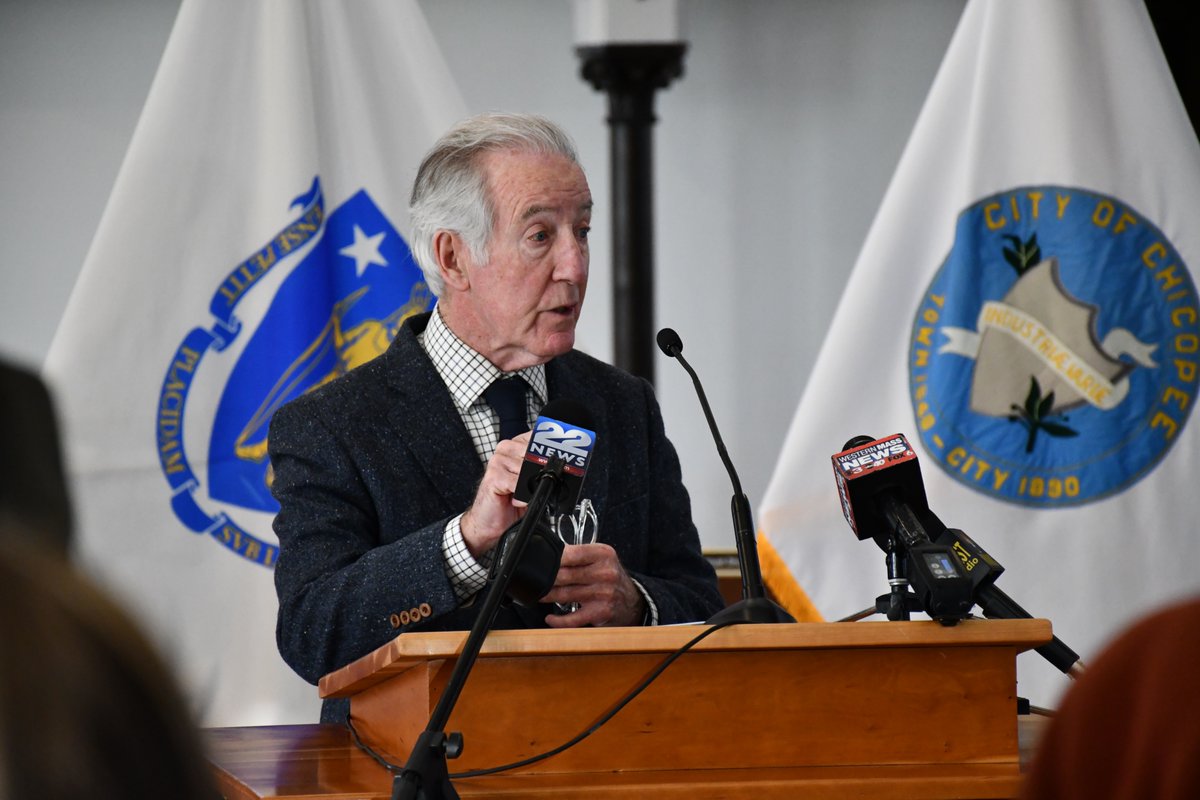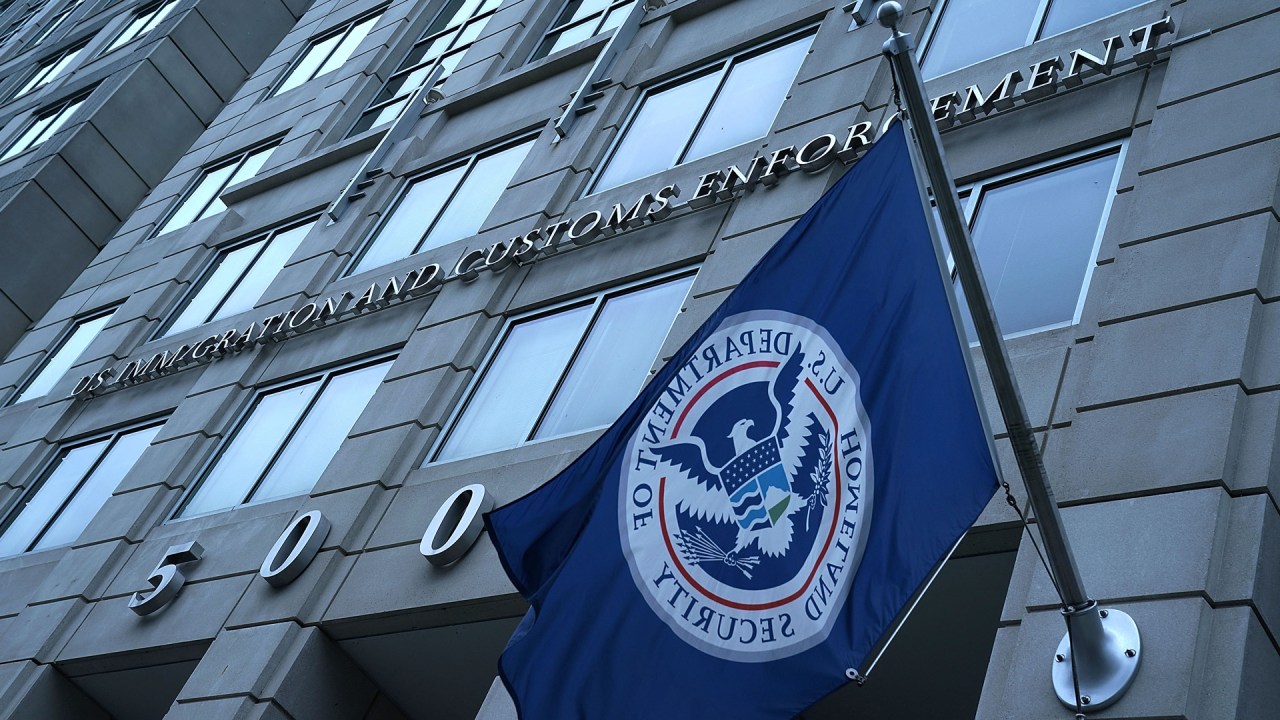Boston, MA
BOSTON – As President Donald Trump and congressional Republicans begin a full-court press to pass a tax reform bill, U.S. Rep. Richard Neal, D-Springfield, predicted that Republicans will only go part of the way.
“I think you have an unpaid-for tax cut,” Neal told reporters after delivering a speech to the Greater Boston Chamber of Commerce on Friday. “I think it’s going to be very hard for them to do tax reform only because the margins for paying for it aren’t there.”
An unpaid-for tax cut would increase the deficit and leave government with less revenue. “We’re all the losers if that happens,” Neal said.
Neal, as the ranking Democrat on the Ways and Means Committee, will be one of the key Democrats involved with any tax deal. In September, Neal joined other committee members meeting with President Donald Trump at the White House to talk about tax reform.
On Thursday, the U.S. House passed a budget resolution, which already passed the U.S. Senate, which was a precursor to passing a tax plan. An initial tax reform proposal is expected to be released next week.
Republicans are under pressure to have a legislative accomplishment, after they failed to repeal the Affordable Care Act. But Neal predicted that a full-fledged reform of the tax system will be difficult.
Republicans already signaled that they are likely to use a process called reconciliation, which would mean they only need 51 votes in the Senate rather than the 60 required to avert a filibuster. The implication is that Republicans, who control 52 Senate votes, and a majority in the House, will develop their own tax reform plan without needing Democratic support.
But, Neal argued, “If you really want to do meaningful tax reform in America, the two parties have to do it together.”
The problem, Neal said, is, “When you do tax reform, it’s like squeezing toothpaste with the cap on.” There is only a limited amount of money, so lowering taxes on one group of people means increasing taxes on others.
Trump and the Republicans already said they want to lower the top tax bracket from 39.6 percent to 35 percent; eliminate the estate tax; and repeal the alternative minimum tax. These changes would cost $1.5 trillion – money that would need to come from other tax changes or that would increase the deficit.
Although Trump has said he does not support any changes to 401(k) retirement plans, congressional Republicans have said they are considering changes – for example, lowering the cap on how much someone could contribute to a retirement plan pre-tax. Neal said he would oppose any changes that affect retirement savings.
“People are going to live longer, and that means we need to figure out in retirement how to allow them to live longer,” Neal said.
“Undoing retirement savings is going to be very controversial,” Neal warned.
Another potential way to pay for the tax cuts, eliminating the federal tax deduction for state and local taxes, is already splitting the Republican Party. Many of the states where taxpayers would be most hurt are states that lean Democratic – such as New York and California, as well as Massachusetts. But Neal noted that some Republican states, like South Carolina, would also be affected. A group of New York and New Jersey Republicans already voted against the GOP budget resolution in the House because of their opposition to eliminating the state and local tax deduction.
Neal made clear that Democrats “do not intend to be helpful on that issue.”
Neal said when he met with Trump at the White House, Trump warned Republicans that if they failed to repeal the Affordable Care Act, Trump would work with Democrats on tax reform. As to whether that might actually happen, Neal said, “I’m doubtful.”
Asked whether Democrats can find allies in Republican deficit hawks in opposing a GOP tax plan that increases the deficit, Neal responded, “What happened to them? I was surprised at how easily they surrendered, and it reminds me that apparently deficits only count if Bill Clinton’s sitting the White House or Barack Obama’s sitting in the White House.”
Neal argued that the way to increase economic growth is to build infrastructure and invest in “human capital.” That means improving education. On a tax front, Neal said increasing the earned income tax credit or increasing childcare tax credits could spur economic growth by giving individuals more spending money.
“This notion that is theological that if you cut the corporate rate to 20 percent (from 35 percent) you’re going have extraordinary economic growth, there’s no evidence to support that,” Neal said.




